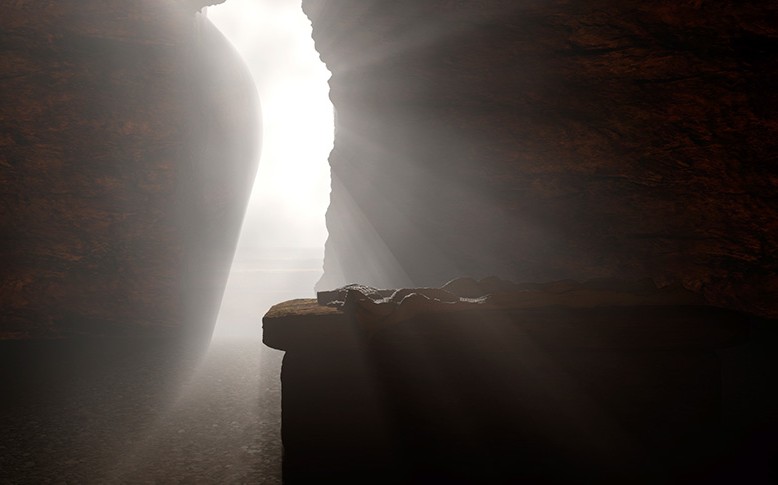Podcast: Play in new window | Download
Subscribe: Email | TuneIn | RSS | More
By: Brian G. Chilton and Curtis Evelo | February 23, 2022
During the winter months, the Bellator Christi Podcast examines a major arm of systematic theology. For this Winter Theology Series, we are exploring Christology–that is, the study of Christ. This week Brian and Curtis examine the the extent of Christ’s work; for whom did Christ die; and for what did Christ die?
1. When we talk about the extent of Christ’s atoning work, what do we mean, and what are we implying?
2. What are the 3 views that discuss the extent of Christ’s atonement and for what do they argue?
3. What Scriptural evidence do particularists provide to argue their case?
4. What Scriptural evidence do generalists argue?
5. What Scriptural evidence do universalists provide?
6. What position best suits the biblical evidence?
7. Does Christ’s death only impact spiritual issues?
8. What can we take from our discussion?
Brian Chilton: Founder of Bellator Christi Ministries

Brian G. Chilton is the founder of BellatorChristi.com, the co-host of The Bellator Christi Podcast, and the author of the Layman’s Manual on Christian Apologetics. Brian is a PhD Candidate in the Theology and Apologetics program at Liberty University. He holds an MDiv in Theology from Liberty University and a Bachelor of Science from Gardner-Webb University. He has served in pastoral ministry for 20 years and currently serves as a clinical hospice chaplain.
https://www.amazon.com/Laymans-Manual-Christian-Apologetics-Essentials/dp/1532697104
Curtis Evelo: Co-Host and Producer of the Bellator Christi Podcast

Curtis Evelo is a cattle rancher at the E6 Hereford Ranch in St. Ignatius, Montana. Curtis is the Co-Host and Producer of the Bellator Christi Podcast. He often teaches and speaks at his church Cornerstone Faith Center in St. Ignatius. Curtis provides a common-sense approach to Christianity as he contemplates the wonders of God’s creation in Big Sky Country.
Other Episodes from this Series:
Brian Chilton and Curtis Evelo, “Christology (Part 1): The Union of Christ’s Divine and Human Nature,” BellatorChristi.com (January 13, 22), https://bellatorchristi.com/2022/01/14/s5-e13-christology-part-one-the-union-of-christs-divine-and-human-nature/
Brian Chilton and Curtis Evelo, “Christology (Part 2): The Virgin Birth and the Incarnation of Christ,” BellatorChristi.com (January 19, 2022), https://bellatorchristi.com/2022/01/19/s5-e14-christology-part-2-the-virgin-birth-and-incarnation-of-christ/
Brian Chilton and Curtis Evelo, “Christology (Part 3): Early Christological Titles,” BellatorChristi.com (January 26, 2022), https://bellatorchristi.com/2022/01/26/s5-e15-christology-part-3-early-christological-titles/.
Brian Chilton and Curtis Evelo, “Christology (Part 4): Theories of the Atonement,” BellatorChristi.com (February 3, 2022), https://bellatorchristi.com/2022/02/03/s5-e16-christology-part-4-theories-of-the-atonement/
Brian Chilton and Curtis Evelo, “Christology (Part 5): Testing Atonement Theories with Scripture,” BellatorChristi.com (February 9, 2022), https://bellatorchristi.com/2022/02/09/s5-e17-christology-part-5-testing-atonement-theories-with-scripture/
Brian Chilton and Curtis Evelo, “Christology (Part 6): The Work and Functions of Christ,” BellatorChristi.com (2/16/22), https://bellatorchristi.com/2022/02/16/s5-e18-christology-part-6-the-work-and-functions-of-christ/
© 2022. BellatorChristi.com.






How likely is your topic here to result in discussions that are spiritually profitable, and how likely is your topic here to result in that “word-wrangling” that Paul prohibited in 2nd Timothy 2:14? How long have Christians with equal claims to sincerely seeking Christ been unable to come to agreement on this topic?
I can see from the gospels what Jesus required for salvation and spiritual growth. Discussions about how to come up with an atonement-theory that can account for all the data in a volume we now call “bible” doesn’t come within a thousand miles of anything Jesus ever commanded of his followers.
So I’m guessing that because you are asking Christians to engage a “controversial question”, your topic is more likely to cause the sin of word-wrangling. Do you not edge nearer to sin than is necessary, when you present as an exercise in spiritual edification or growth, a topic that requires knowledge that Jesus never expressed or implied was necessary to salvation or spiritual growth?